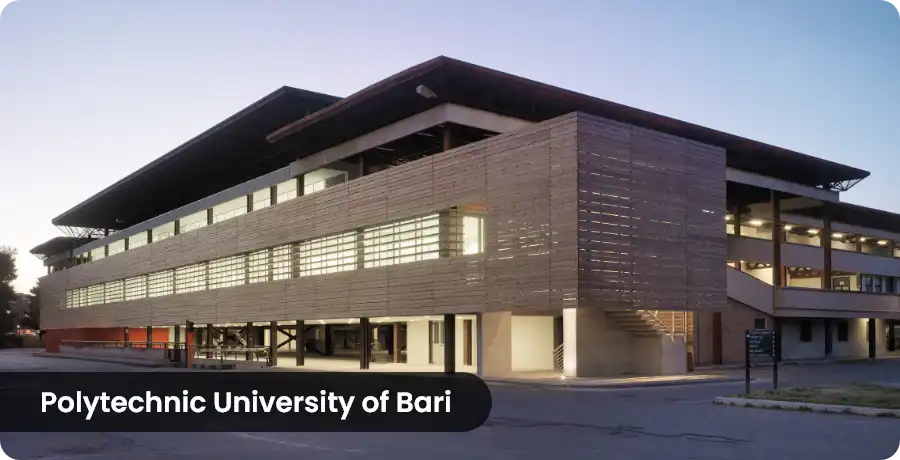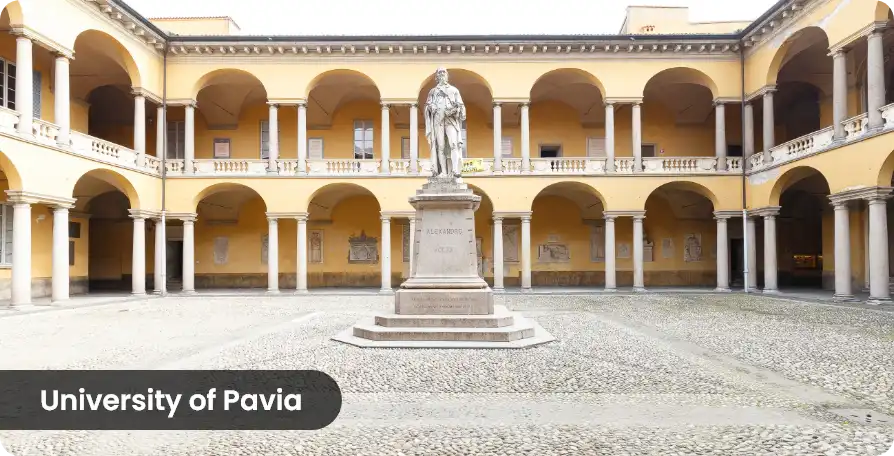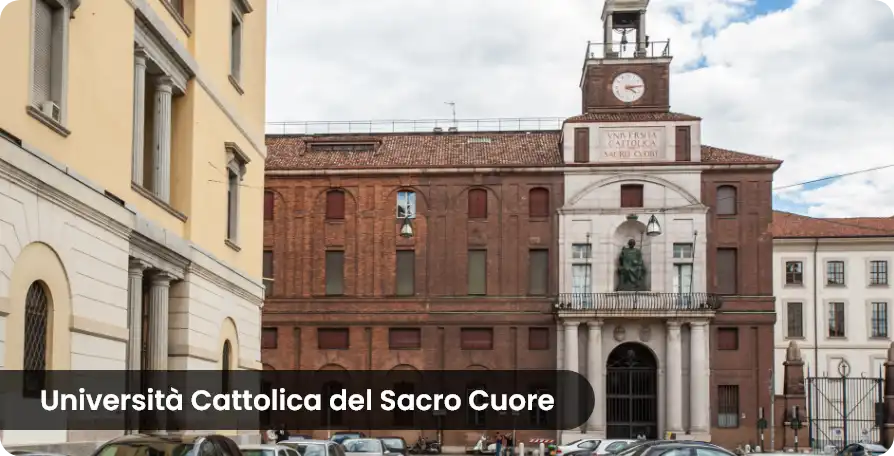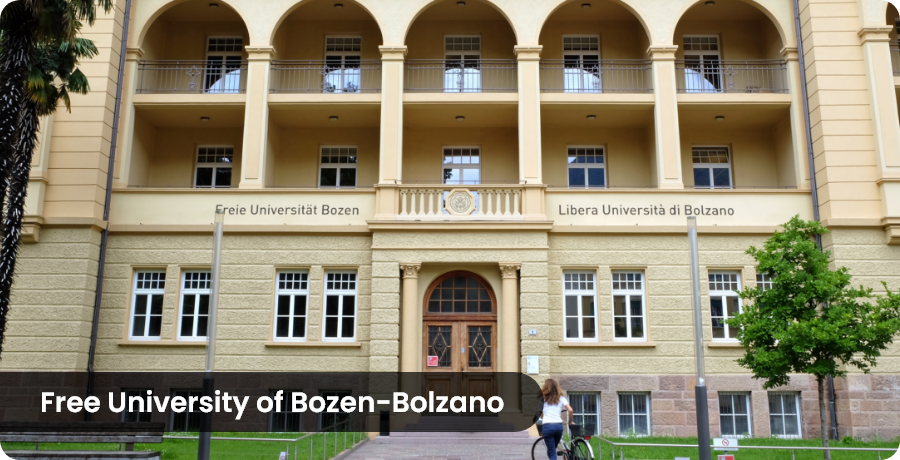Established in 2018, Walk International provides a holistic approach to overseas education for students pursuing UG, PG, and Doctorate degrees. The coaching covers IELTS, TOEFL, GRE, and GMAT for the UK, USA, Canada, Australia, France, and other English-speaking countries. Walk International is also an authorized test registration center for British Council. Students can also get counseling and efficient processing of visas and documents for enrollment.
- Career and educational counseling
- Admission assistance & university shortlisting
- Visa documentation & more
- • Expert consultants offering assistance in all possible aspects guarantee 100 % student satisfaction.
- Assists in seeking admission to various universities across different countries
- UK, USA, Canada, Australia, Singapore, New Zealand, France, and Germany
- Guidance & assistance for the application process
- Personalized care & attention for each student
- Immense faculties with ample amenities












